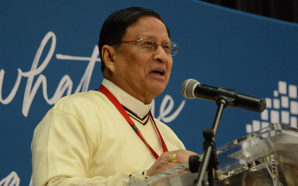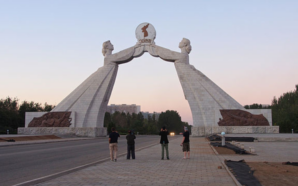What speaks in the depths of silence? What whispers through the void when words fail us? How do we hear God in the spaces between breaths, in moments when language crumbles under the weight of human suffering?
These questions feel particularly urgent today as we witness the devastating conflicts in Gaza and Ukraine, wildfires and mass shootings across America, and ongoing global crises of all kinds. Our flood of words — racing through social media, echoing in empty streets, crying out in protest — seems to grow hollow with each passing day. Our language has become a brittle shell, too fragile to hold the magnitude of our collective grief. Yet, in this poverty of words, there is an unexpected wealth: the profound presence of silence.
This silence is not the peaceful absence of noise so often celebrated in spiritual retreats, but something far more complex and powerful: a silence that could both wound and heal, oppress and liberate.
I do not romanticize silence nor treat it as a cure-all. The silence imposed upon victims of abuse, colonialism, racism and gendered violence is not the silence I advocate for. Rather, I argue that theology — and public discourse more broadly—must learn to distinguish between silencing and silence. The former is coercive; the latter can be transformative.
To continue reading this article, click here.
With thanks to the National Catholic Reporter (NCR) and Min-Ah Cho, where this article originally appeared.








